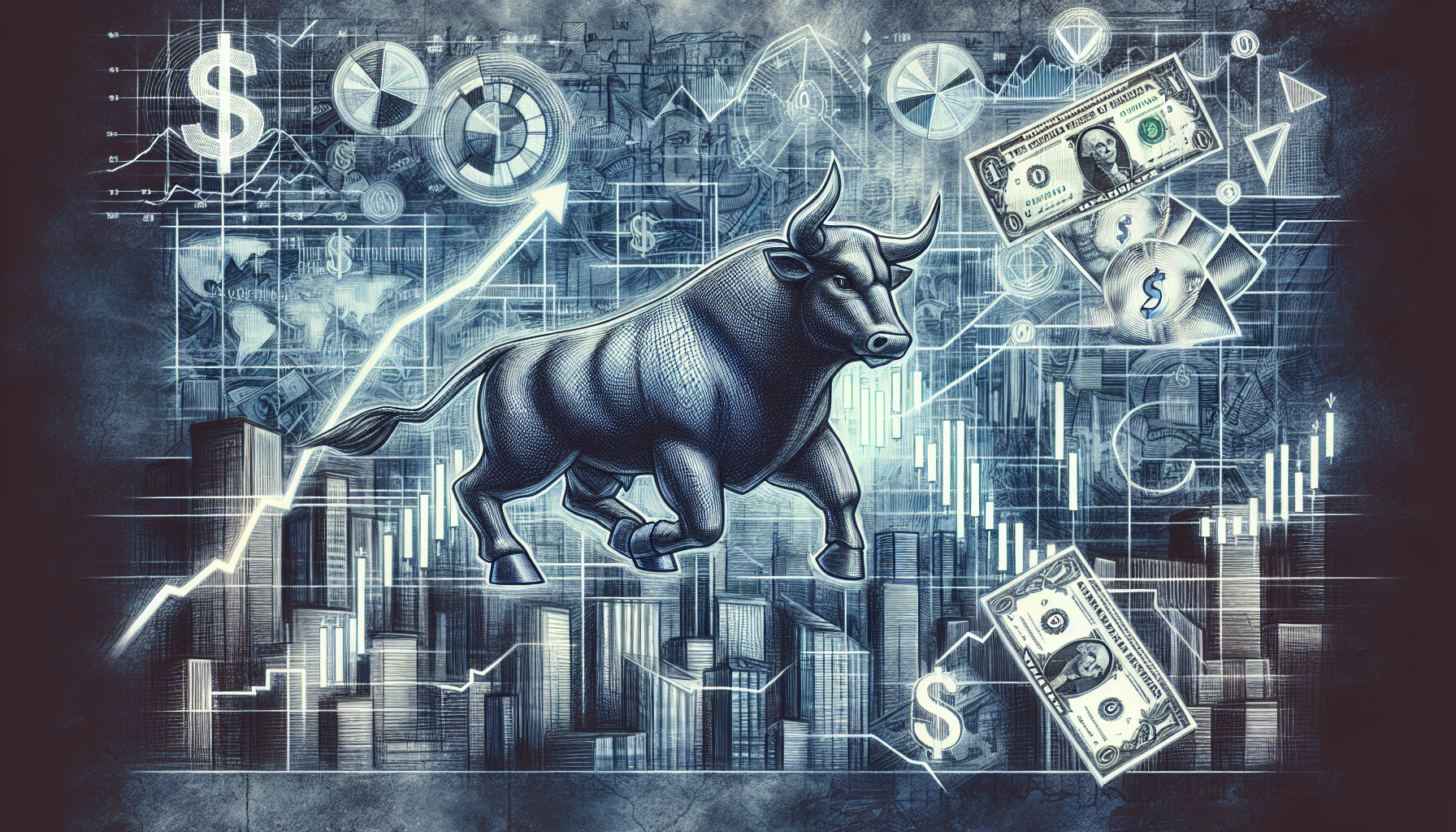
tl;dr
Billionaire investor Tim Draper urged businesses to invest in Bitcoin for their corporate treasuries, calling those who haven't done so "irresponsible." Speaking at the Financial Times Digital Assets Summit, he stated that governments are also recognizing Bitcoin's value. Draper is optimistic Bitcoi...
Billionaire investor Tim Draper has emphatically stated that companies not investing in Bitcoin are “being irresponsible.” Speaking at the Financial Times Digital Assets Summit, Draper urged businesses to add Bitcoin to their corporate treasuries, highlighting a growing trend and the recognition of Bitcoin's value by governments. He is confident Bitcoin will reach $250,000 by the end of 2025.
Draper revealed plans to launch a fund that operates entirely on Bitcoin using smart contracts, automating taxation and record-keeping, thereby drastically reducing costs associated with accounting, legal, and auditing processes. This innovation aims to create a seamless, blockchain-based financial ecosystem.
Analysts support Draper’s bullish stance, predicting that corporate Bitcoin holdings will surge to $330 billion by 2029 as more firms follow early adopters like Strategy, Semler Scientific, and Metaplanet. A significant "gravitational pull" is shifting developer focus from altcoins such as Ethereum and Solana toward Bitcoin, which is expanding its capabilities to include smart contracts, decentralized finance (DeFi), Ordinals, and Runes.
However, this broader use of Bitcoin as a software platform has sparked debate within its developer community, particularly over proposals to increase the storage of non-financial data on the blockchain. Some purists argue such changes risk turning Bitcoin into a “worthless altcoin.”
Regarding Bitcoin’s price, Draper points to regulatory overreach during the Biden administration as a factor delaying its surge to $250,000. He likens Bitcoin’s disruptive potential to the transformative effect gunpowder had on warfare, suggesting commerce will be revolutionized similarly. Draper envisions a future where financial systems transition from fiat currencies to stablecoins and ultimately to Bitcoin, signifying a world where the U.S. dollar ceases to be the primary benchmark.